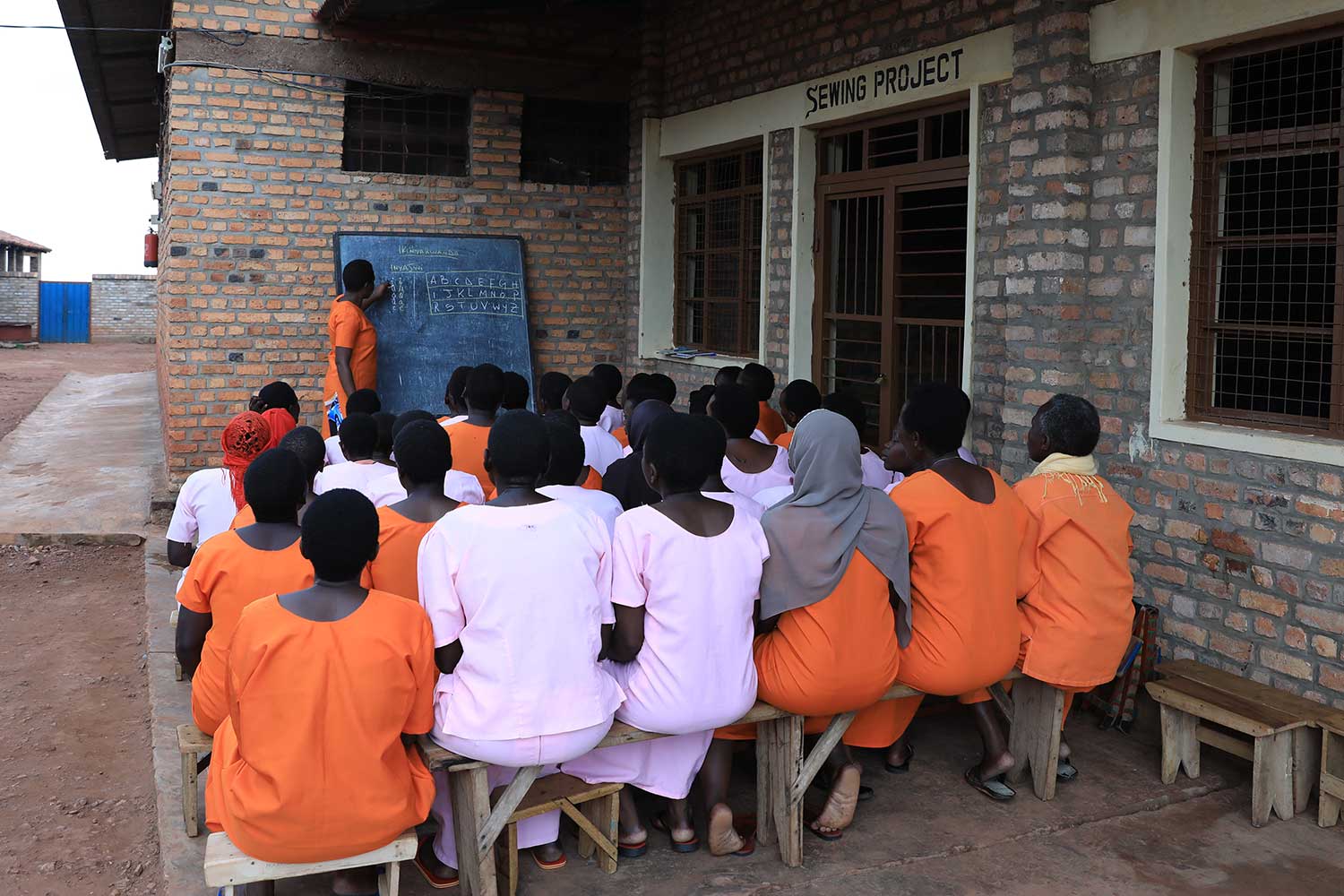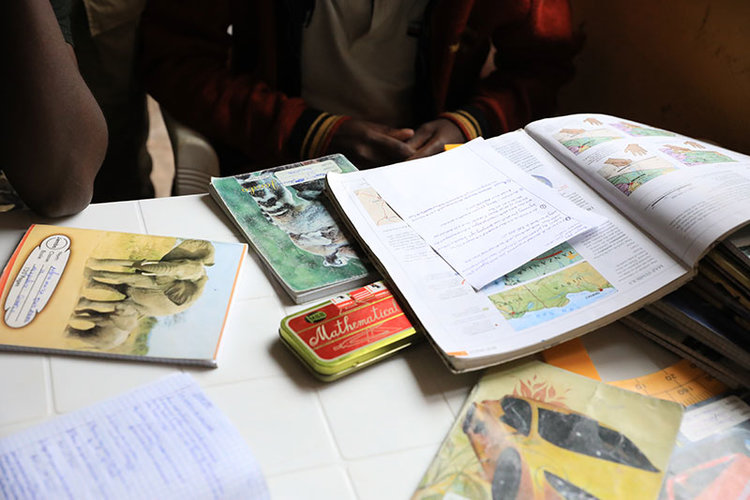ACQUIRE KNOWLEDGE AND KNOW-HOW:
literacy courses, formal and non-formal education, vocational training.
DEVELOP A SOCIAL SKILLS:
psychosocial activities (forum theater, discussion groups, sports, body expression, visual arts), monitoring of the most vulnerable cases.
Making pain a learning period
In a closed environment like that of a prison or a closed establishment, feelings and relationships are exacerbated. Promiscuity quickly generates violence that is directed towards others or towards oneself. Overcrowding, an evil present in many countries, abolishes all privacy. Idleness weighs on mental and physical health. Persons deprived of their liberty face constant stigmatization during their detention as well as after their release. Detention is often synonymous with failure. The person deprived of liberty sees no possible future, feels rejected or even forgotten.
For minors and for women, the lifeblood of developing countries, this observation is all the more alarming!
Developing knowledge, acquiring professional skills and building / reconstructing social skills are the objectives of education. It is the keystone of a reintegration process. It is not limited to instruction stricto sensu, which would relate to pure knowledge and know-how. It also aims to ensure each individual the development of all their capacities (physical, intellectual or even moral). Thus, this education will allow him to face his personal life, to manage it by being a responsible citizen in the society in which he evolves.
The reappropriation of the functioning of community life
This reappropriation (or even this appropriation) is all the more difficult for minors who very often have little or even no knowledge of this functioning during their young life course. The prison population of minors is largely made up of children from disadvantaged backgrounds. Coming from dislocated families where tensions are numerous, from poor single-parent families living in precariousness, having survived for some on the street, minors detained in developing countries often have a chaotic life course. The problems of poor societies are very often accompanied by traumatic problems linked to war, genocide or natural disaster.
The challenge is to enable adolescents, in a closed world such as that of the prison, to learn how society works and in collective life!
For women in detention, the challenge must respond to their fears of not finding their place, or even a place, in collective life. The sidelining of society through punishment means rejection: rejection of the family, of society and of the economic world. Yet they are the engines of developing societies. It is often thanks to their work, their responsibilities, their commitment that the development of a country is made possible.

Our action
DiDé has been carrying out projects for 20 years so that women and adolescents in detention benefit from the protection and education that they deserve. It is over the years and more particularly with adolescents in detention in Rwanda that we have become aware of the need to integrate a global approach to education. Developing knowledge and know-how through schooling or vocational training programs is certainly essential with a view to reintegration. But that’s not enough! Psychosocial and mental health support, notably through group activities and individual follow-up for cases of acute psychological distress, is the cornerstone of any educational and integration program.
- Encourage literacy and formal or informal school education.
- Support professional training.
- Develop the acquisition of individual and social skills through psychosocial activities.
- Stimulate bonds of sociability and solidarity through sports, cultural and artistic activities.
- Identify, assess and support individual cases of acute distress (mental health).
